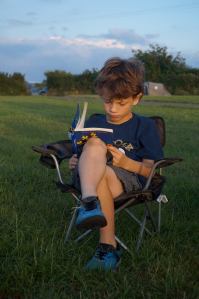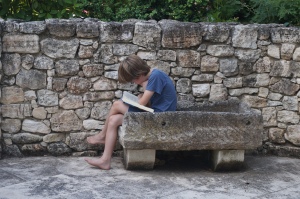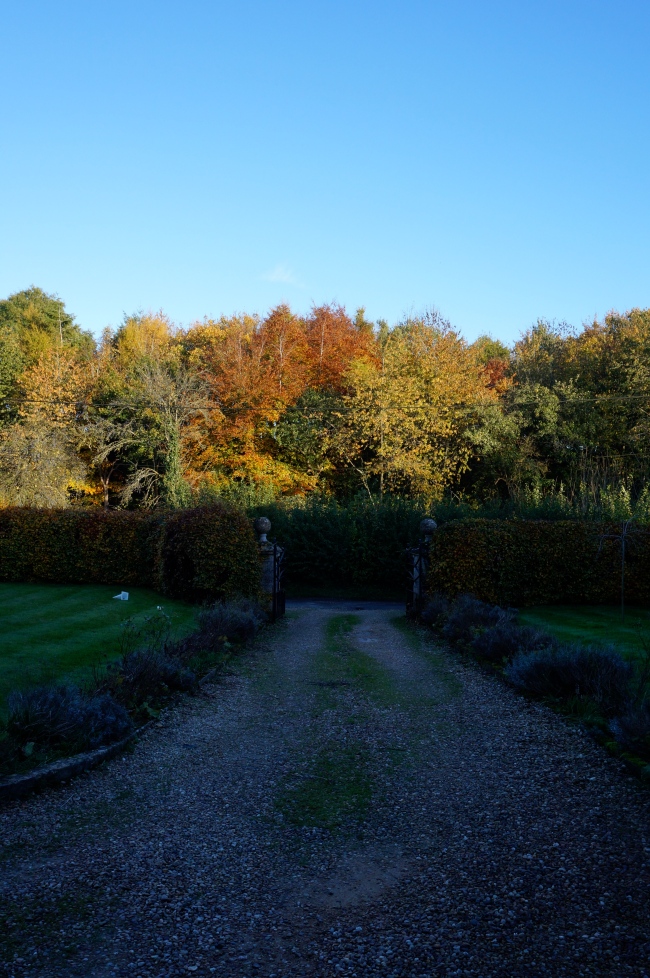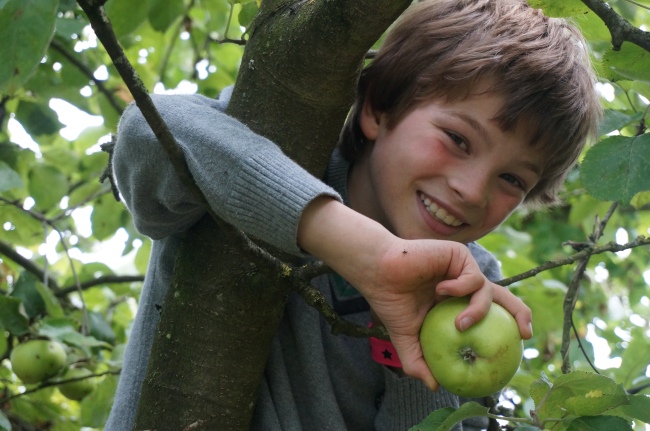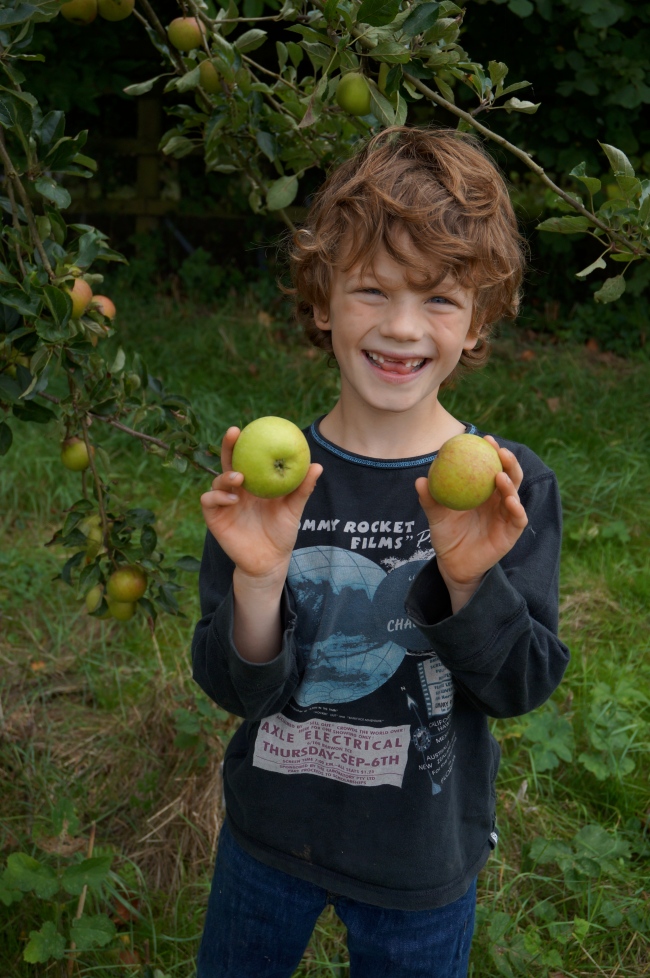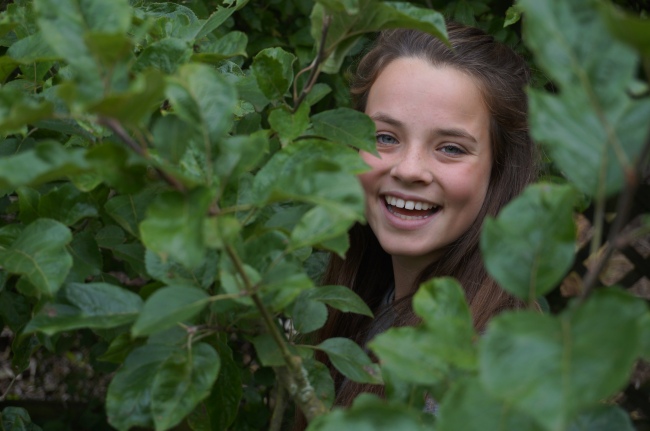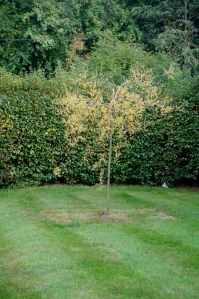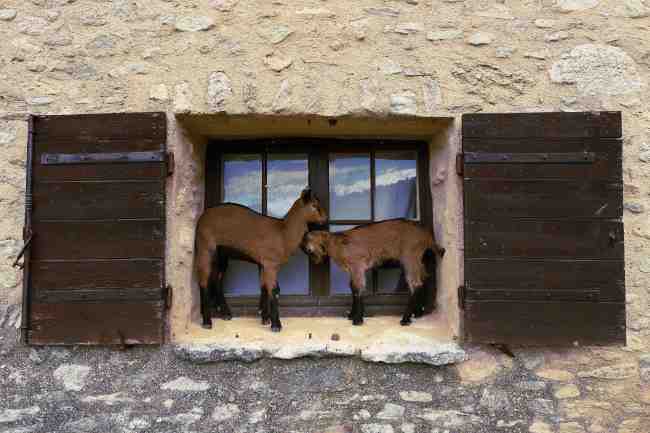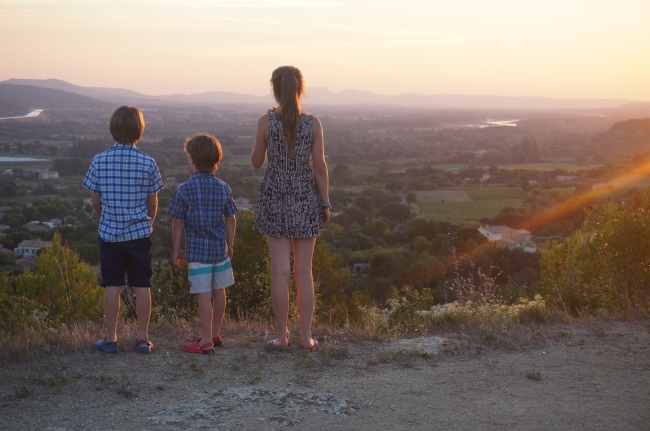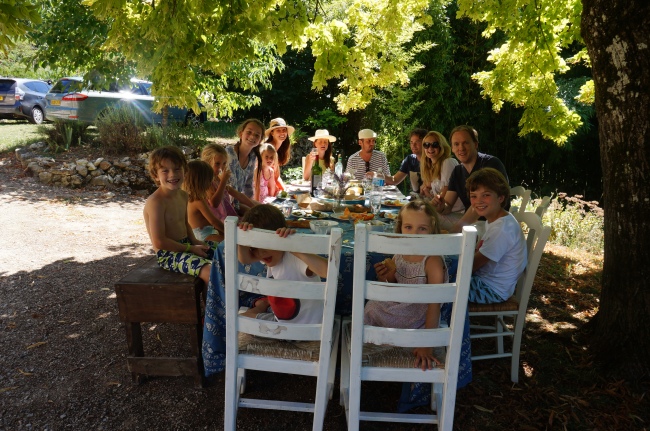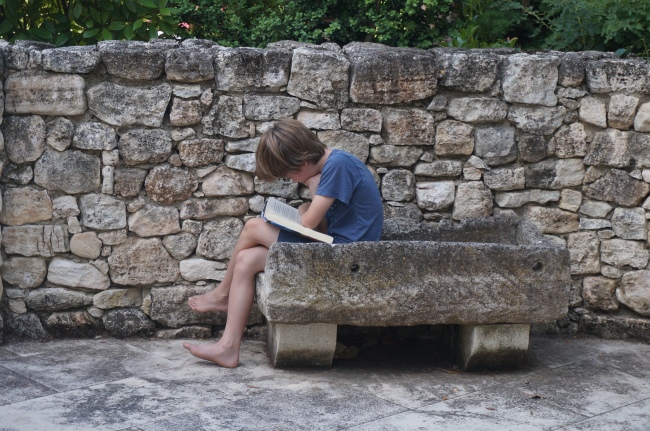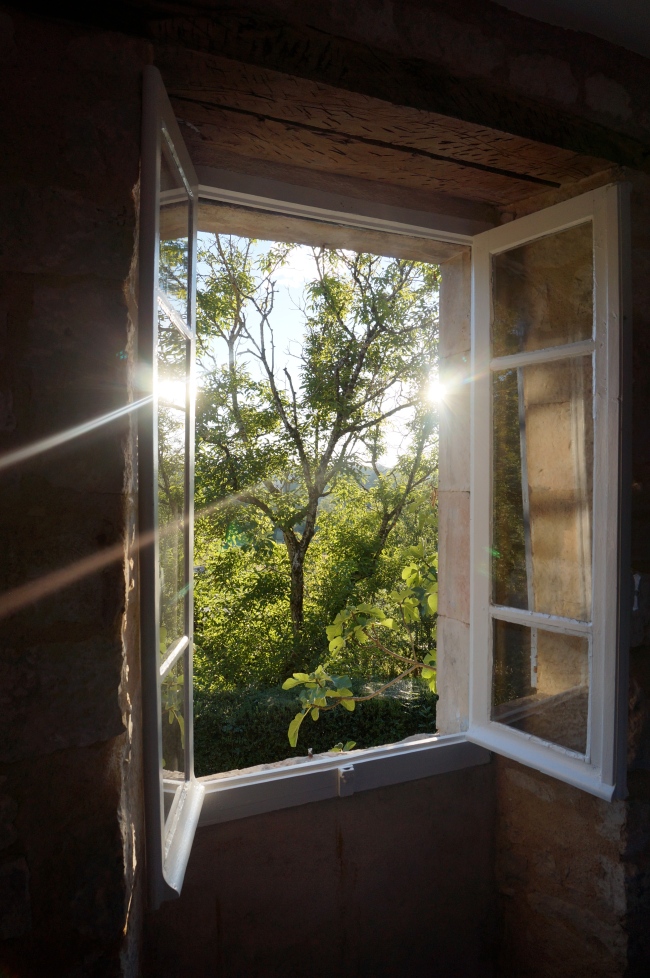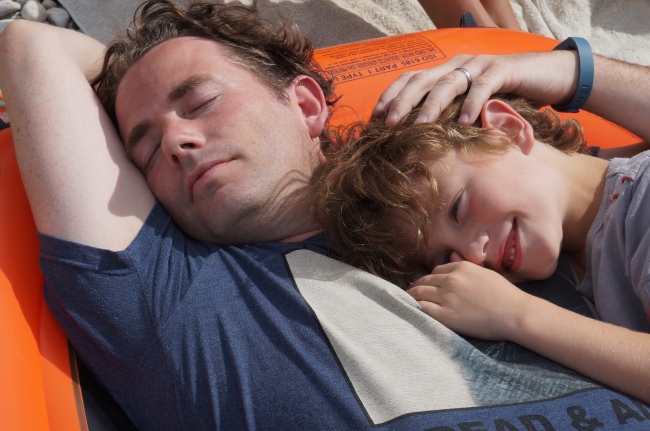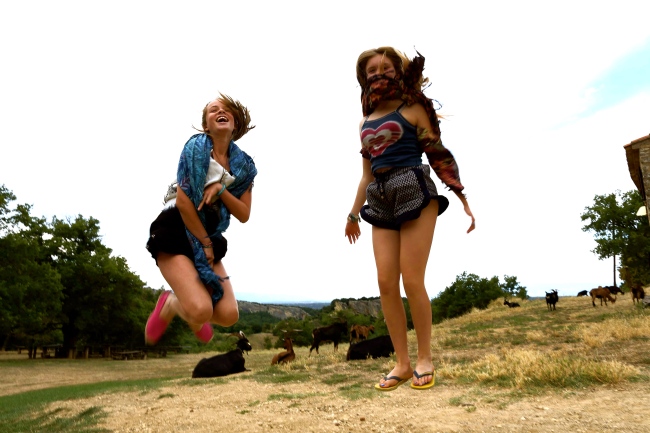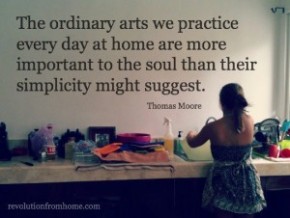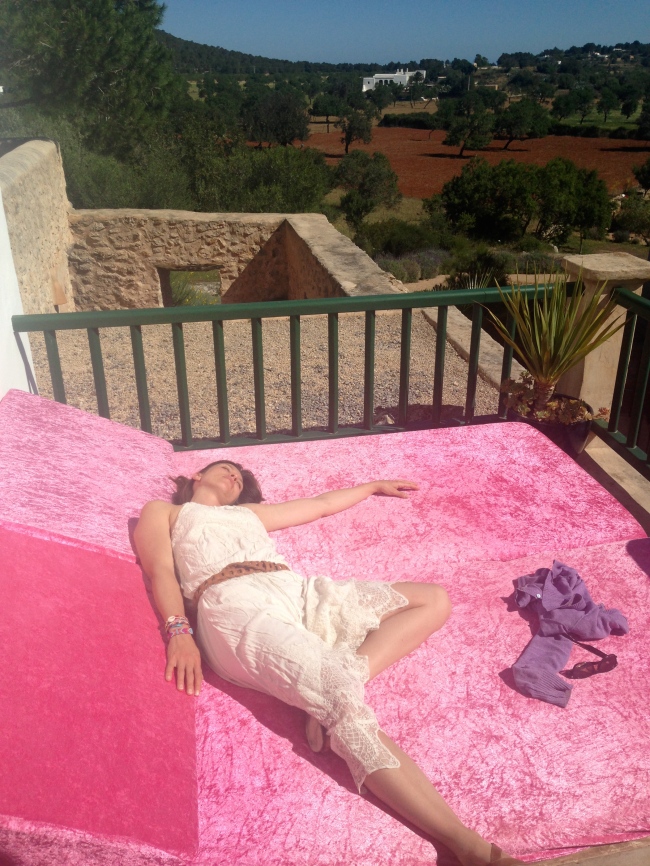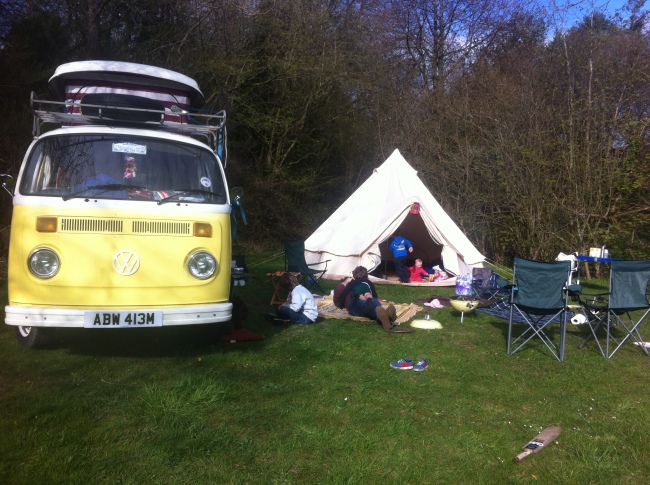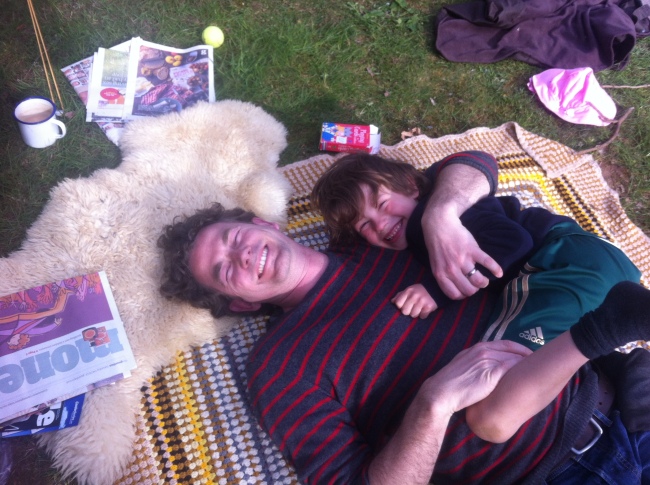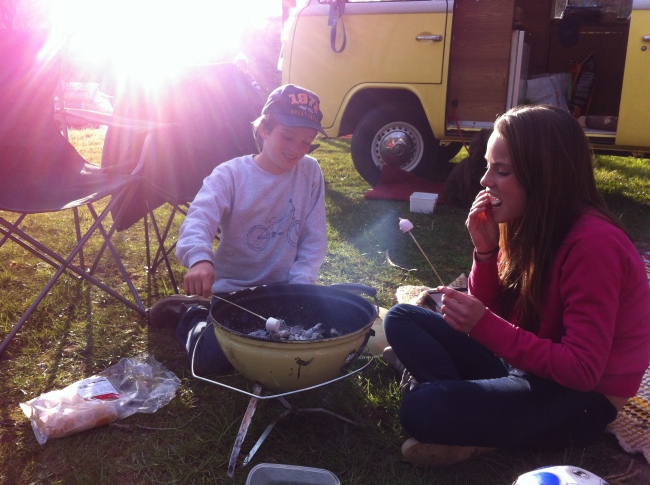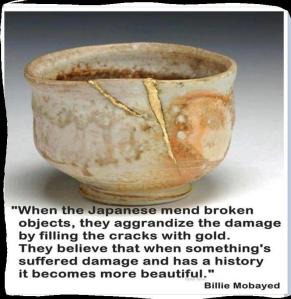To all my patient subscribers….
I’ve been quiet on this blog space for a (very long) time, reserving the bulk of my writing for my yoga newsletters & my book-in-progress, but the plan is to come back online- with a vengeance! At a time like this we will all need to be virtually connected more than ever. So expect regular blog posts once more. Musings on life in isolation, tips on how we might cope, lessons drawn form the teachings of Western philosophers and Eastern sages – anything that I feel might be useful in finding a sense of calm within all this quite unimaginable and unexpected chaos.
Below is a smattering of writing I have done for the last little while….in its totality its a long read but the one thing you do have now is time for the long form read – a small but very significant silver lining.
Sending love and until my next post, stay safe.
xxx
_________________________________________________________________________
If it ain’t broke, still fix it…..
March 2019
Other cultures live more gently than ours. They siesta of an afternoon, go weekly to a hammam, or ‘sauna’ ( used as a verb; ‘to sauna’), as a matter of course. And in the language that surrounds such ritual, the words indulgent, lazy or luxurious just don’t feature. Looking after oneself is a fact of being, not something to apologise for or explain away.
In contrast, ours tends to be a far more protestant culture. We boast of our busy-ness, whisper of our well being rituals, and only allow ourselves a tonic when everything else has been first prioritised.
Yet nurture as a need rather than a want is deeply embedded in holistic medicine. My acupuncturist once told me that where he is from in China, people don’t wait until they are ill to see their doctor. Instead, they visit them as a matter of course, cyclically, not to get well but to stay well. And they are so confident in this prophylactic approach, that the Traditional Chinese Medicine doctors will only charge their regular patients when they are well. If they come to them when they are sick, then the consultation is free.
When I asked Dr Cheung how often I should have a session he suggested 4 times a year, ‘At the turn of every season’, he said. ‘To stay in balance’.
As the seasons change, the external world undergoes change too, often very rapidly. Temperatures rise or fall, humidity alters, light levels vary & the sun’s angle rises or dips by degrees, giving rise to the tonic of enticingly different painted skies at dawn or dusk. Despite our air conditioned lives, our rigid timetables and our electrical lights – all of which muffle our exposure to these changes -we are necessarily impacted. Winter asks and commands different things of us than the summer does.
As we move into spring we, like the natural world around us, move from a period of relative dormancy, of turning inwards, to one of potential growth and rejuvenation. As the sap rises and the trees bud and then unfurl into flower, we have the ability to tap this upward and outward energy. But the changes are rapid, and very often it can be hard to keep up. It is not at all uncommon to feel especially tired in these times of transition, as we struggle to recalibrate- energetically -with the change that happens beyond us. Our yoga regular practice, at once grounding and energising, is of particular importance because balance that is so elusive at the best of times, can be especially so at the cusps of the seasons.
If nothing else our practice gives us time to pause to acknowledge the changes, and the tools we have – of body, breath and mind- to respond to them. It is no coincidence that traditional societies hosted celebrations to mark the move from season to season. Pagan and druid cultures, often now stereotyped and maligned, acknowledged as a matter of course the equinoxes, the solstices, all the festivals that welcome or wave goodbye to the light. We’d be wise to take a spring leaf from their books.
________________________________________________________________
The Illusion of Not Enough Time
February 2020
Dont say you don’t have enough time. You have exactly the same number of hours per day that were given to Helen Keller, Pasteur, Michelangelo, Mother Teresa, Leonardo da Vinci, Thomas Jefferson, and Albert Einstein.” H Jackson Brown
For the past ten days I have been wanting to write a post about the illusion of not having enough time, yet haven’t found the time. Or at least that is what I have been telling myself. The irony of this is – of course- not lost on me. Nor is my tendency to use ‘not enough time’ as my fall back excuse whenever I fail to get things done. There is no doubt that there are patches when I am exceptionally busy, so much so that the hours in the day simply aren’t enough to accommodate a to-do list that it usually entirely unrealistic from the off. In this regard, I suspect I am by no means alone. The cult of busy is a hallmark of our times. And our busy-ness is often bemoaned but more often strangely relished – I remember a friend once confessing that she loved being so busy she could boast about it. There is- if we are willing to admit it- something wholly validating and arguably addictive about being busy. As journalist Tim Greider says ‘it serves as a kind of existential reassurance, a hedge against emptiness; obviously your life cannot possibly be silly or trivial or meaningless if you are so busy, completely booked, in demand every hour of the day’. It also, I believe, gives us the perfect, all encompassing ‘get-out’ clause. ‘Sorry, I didn’t reply to your email/return your call/pay that bill/turn up to that party because I am just SO busy’. And its not just to other people that we reel off the excuses. We are just as good at selling ourselves the same story. ‘I would love to get to a yoga class/do my self practice/go for a run/do a daily meditation but I am just FAR TOO busy.’ But the truth is, in all but the most extreme circumstances, we have more time than we think. Plenty of it in fact. The problem is not the lack of time but how we use it, and crucially what we decide to prioritise. There is a Taoist saying that says ‘ Time is a created thing. To say ‘I don’t have time’ is to say ‘I don’t want to’. My immediate reaction when I came across this particular nugget of wisdom was to bat it away. In fact, I almost felt offended. ‘Its not true,’ I thought to myself, somewhat defensively, ‘I genuinely haven’t had a moment’. But as is so often the case with the insights of Lao Tzu, there is real truth in this. I usually have the time. I just don’t make the time. In an often described experiment to illustrate exactly this, a room full of people are given a glass jar, some large stones, more smaller stones and some sand. They are then asked to fill the jar. The amount of stones and sand they have been given is exactly enough to fill the jar to the top. But those who put the sand in first- as many apparently do- followed by the pebbles, find they run out of room for the larger stones. The only way to fill the jar is to start with the stones, slot in the pebbles and then pour the sand into the gaps that are left. It proves a good guide for our days. If we start with the non negotiables- the big, essential priorities ( and anything that contributes to our well being should be at least one of those), then all the more menial to do’s, the squandered moments and the inessential but time consuming tasks can then, like the sand, be left to fill up the gaps.
_______________________________________________________
Lessons from Never Never Land
January 2020
‘Take rest; a field that has rested
gives a beautiful crop.’
OVID
I am writing this in the Neverland that is the time between Christmas and New Year. The clocks of the world might still be ticking but its as though they have been muzzled. I have no idea what day of the week it is, and I have ceased to care. It’s as though I have been given the gift of time without the to-dos, and this year I am revelling in it. Mornings to roll over and have postscript sleep; so much better than all the hours that have come before. Meals skewed, with breakfast rolling into lunch, and lunch into dinner.’Brunch’ and ‘Linner’ as they have been dubbed in our household. A walk in the gaps, maybe, if the sun is shining or day time movies- something I haven’t indulged in since childhood, maybe not even then. Absolutely everything that is important has been relegated to an afterthought, if even that.
I couldn’t live like this for long- the call of rhythm, the satisfaction of endeaveour, the need for movement and more distilled thought would win out in the end. But that is why this gift of time is so captivating. Because it is necessarily short lived. When does an extra hour land in your lap unannounced? We spend most of our lives trying to find time, safe in the knowledge that it never seems to find us.
Come early January, everyone will be shouting loudly about resolutions, alarms will be re-set, the ‘I wills’ and “I wont’s’ will neon light themselves in our minds. The cult of busy will take over again and the mantra of ‘too little time’ will be hot on its heels. And we will, no doubt, heed its irresistable call.
Which makes the delight of rolling back over in bed, or a plan-free day stretched out in front of us, all the more necessary and delightful.
Hoping you’ve had a wonderful Christmas, wishing you a happy new year and hoping you are managing to find a suitably indulgent betwixt and between.
Here’s to the Roaring Twenties…….
_______________________________________________________
Teaching from India
November 2019
‘A great storm is like a sunny day to a person of great faith.
A gentle wind is like a great storm to a person of great fear.’
Matshona Dhliwayo
|
_______________________________________________________
_______________________________________________________
Finding Your Tonic…..
September 2019
We are nearing the end of a long- and I hope for all of you- glorious summer. My hair is now dreadlocked and my mind has taken a back seat- signs, I believe, of a summer well spent. But change is afoot. You can see it in the light, feel it in the air, and in the prospect – welcome for some- of a change in pace and a return to more routine. One of the beauties of summers’ inherent time and space is that it affords the opportunity to step back. This year that perspective made me see quite the extent to which daily life exerts a centrifugal force on me. The way in which the clock, the to do lists, the juggling of work and children and play pulls me, in every direction, sometimes to such an extent that it is all too easy to lose my centre. In some ways it was ever thus. Buddhist meditation techniques, many of which are over 2,000 years old & designed to reign in the mind, attest to its natural tendency to disperse. In her beautiful book ‘Gift from the Sea’, which I read last year and whose well thumbed pages and bedside mantel are its ultimate compliment, Ann Morrow Lindbergh speaks poetically and compellingly about the radial pull on a woman’s life in particular (though I would suggest that the modern man is buffeted by life in much the same way). It was a bestseller in the 1950s but it feels as relevant today as it was half a century ago. And arguably things have got harder in that regard, where the natural chaos of the mind and the demands of life are exaggerated further by the pull of technology and the distraction of social media. A long and languid summer has felt – always feels- like the perfect & very necessary antidote to it all. A long inhale to an often constant and fractured exhale. A chance to draw in, to re-boot, to re-centre and I have really welcomed it.The danger is though, that we can quickly ricochet, like the proverbial pinball, from one languid extreme to a fraught other. That after the space of summer we launch- unthinkingly – straight back into a high paced, eternally busy term time only to be washed up on the shores of Christmas, exhausted once more.The challenge is to prioritise maintaining some of the spaciousness of summer as we transition out of it. It will come as no surprise that, for me, the answer lies in sustaining a constant yoga practice. Experience has shown me- over and again- that when yoga ( and by that I mean the whole remit; asana, pranayama and meditation) remains my priority, irrespective of the season and regardless of the other demands- I maintain my centre. For others it might be a daily walk, a craft that absorbs you or some time- daily or weekly- tending to a garden. Anything that you find truly sustaining. The tonic itself matters much less than the fact that we take it. And not just take it but prioritise it, consciously seeking to weave our chosen balancing force into our otherwise radial lives.



